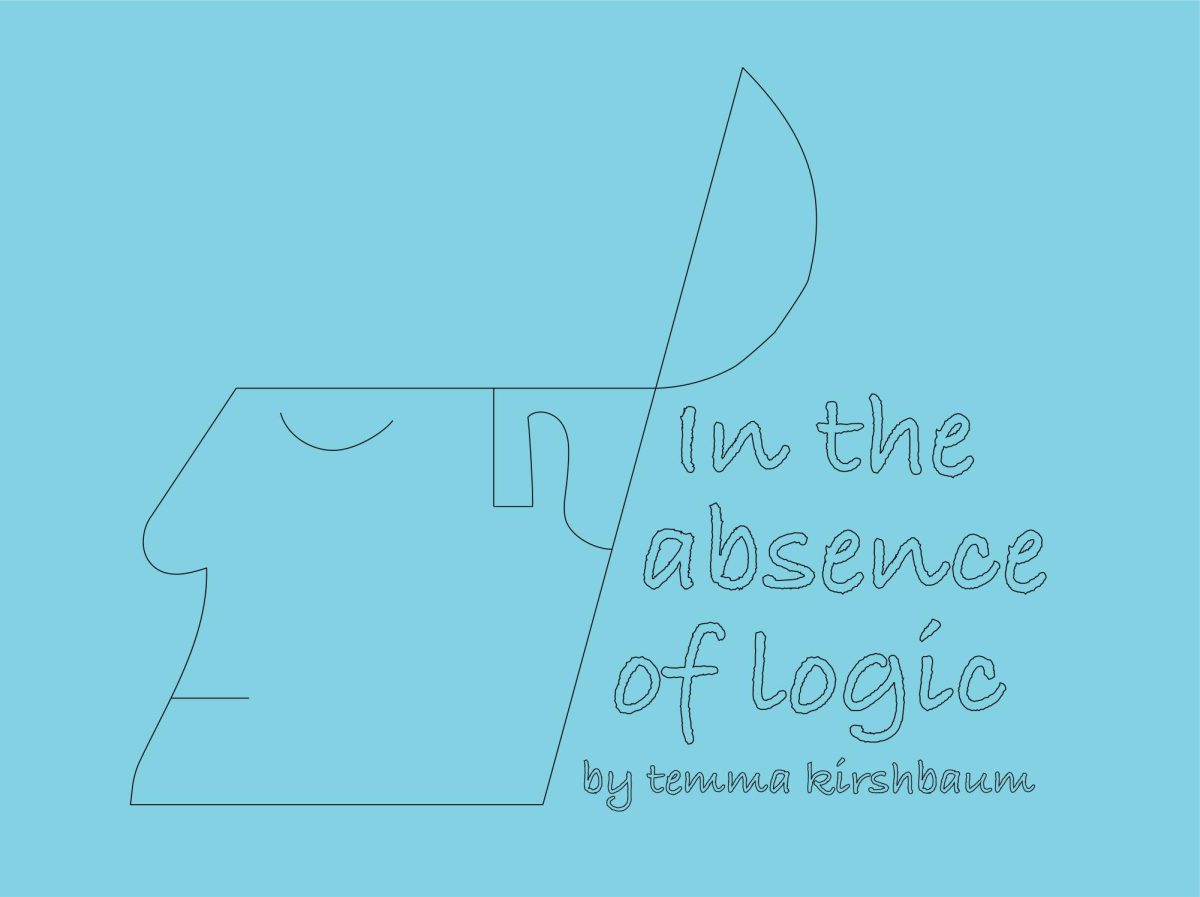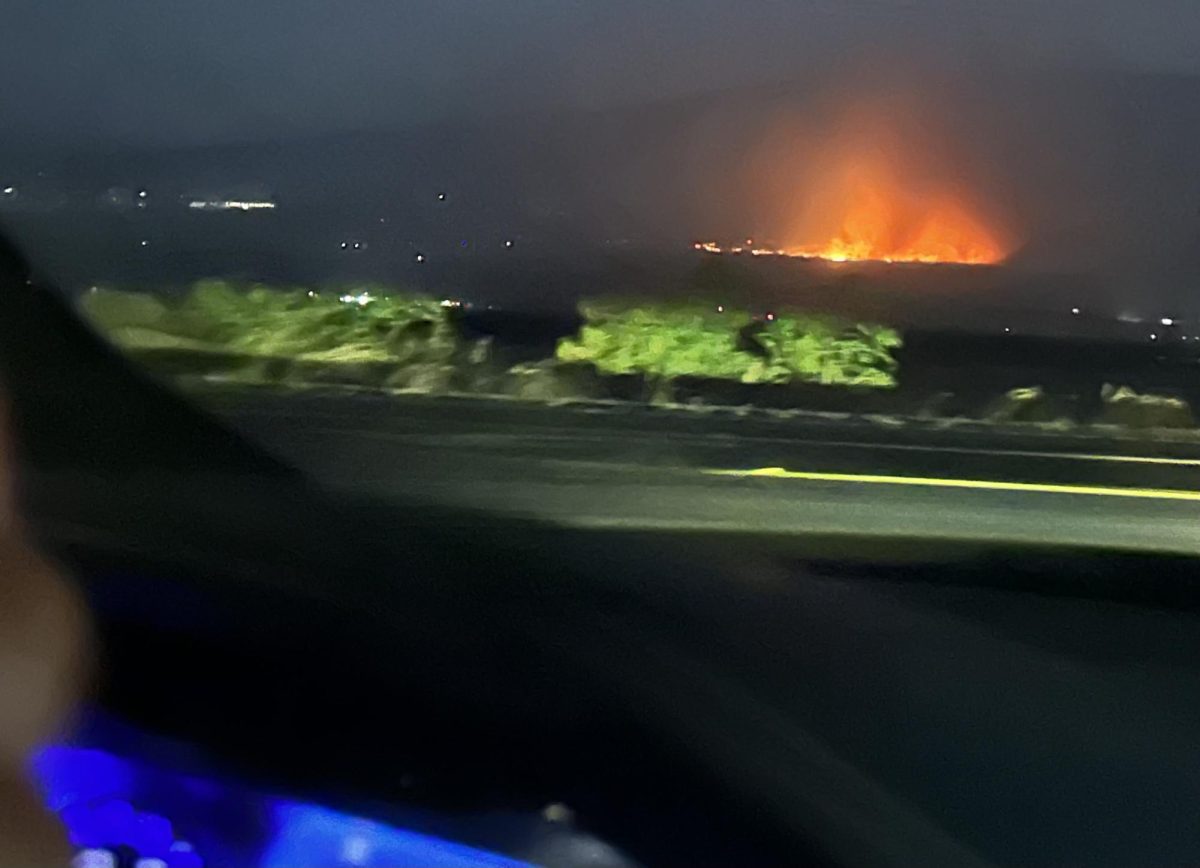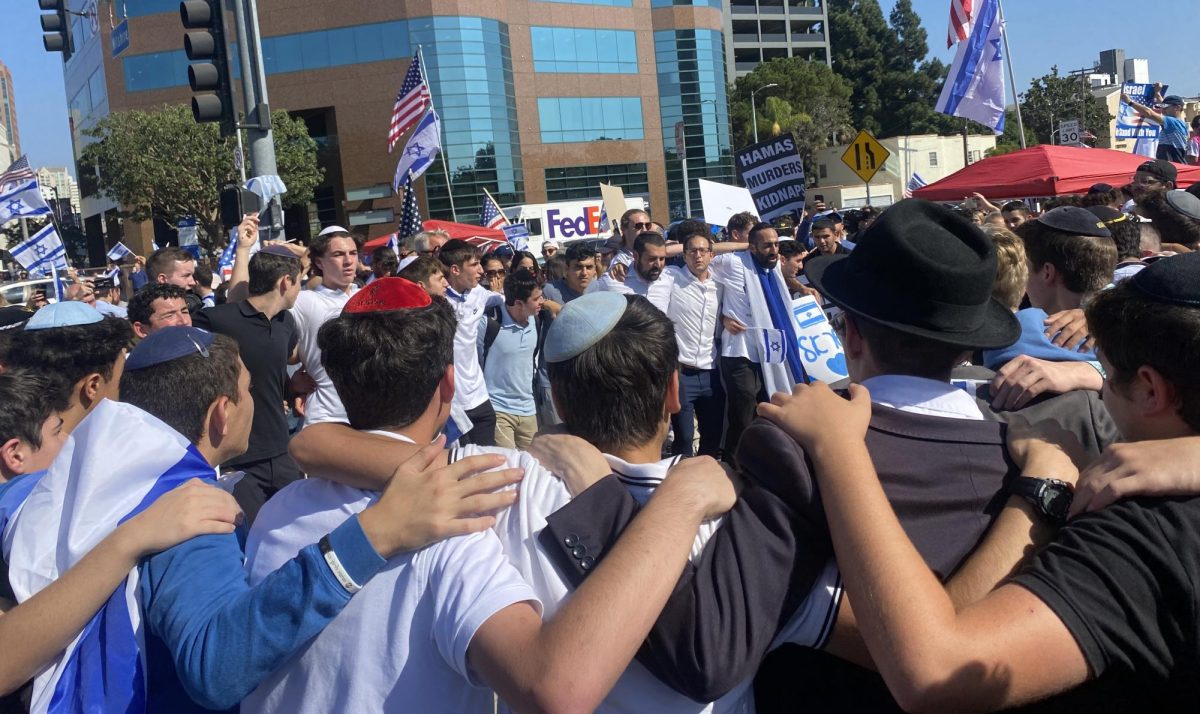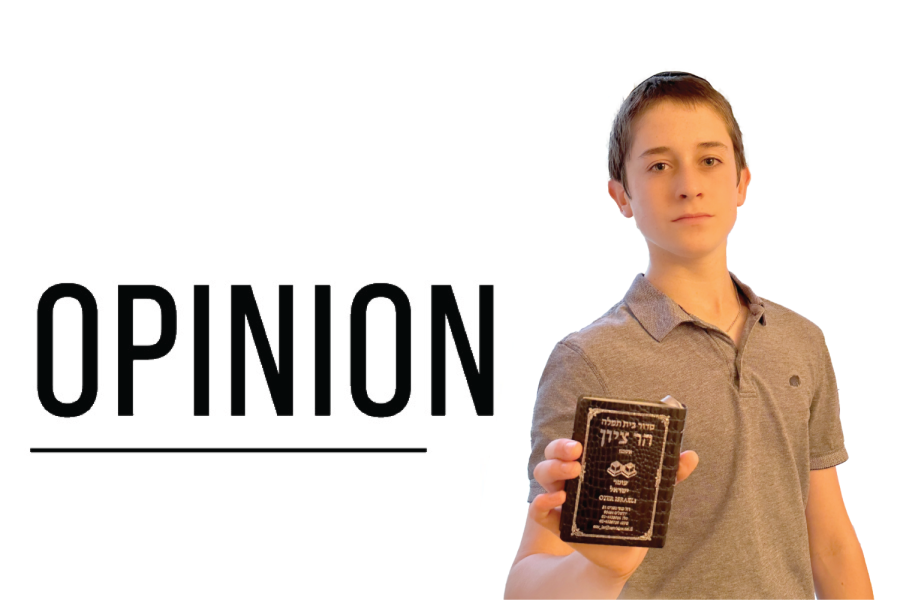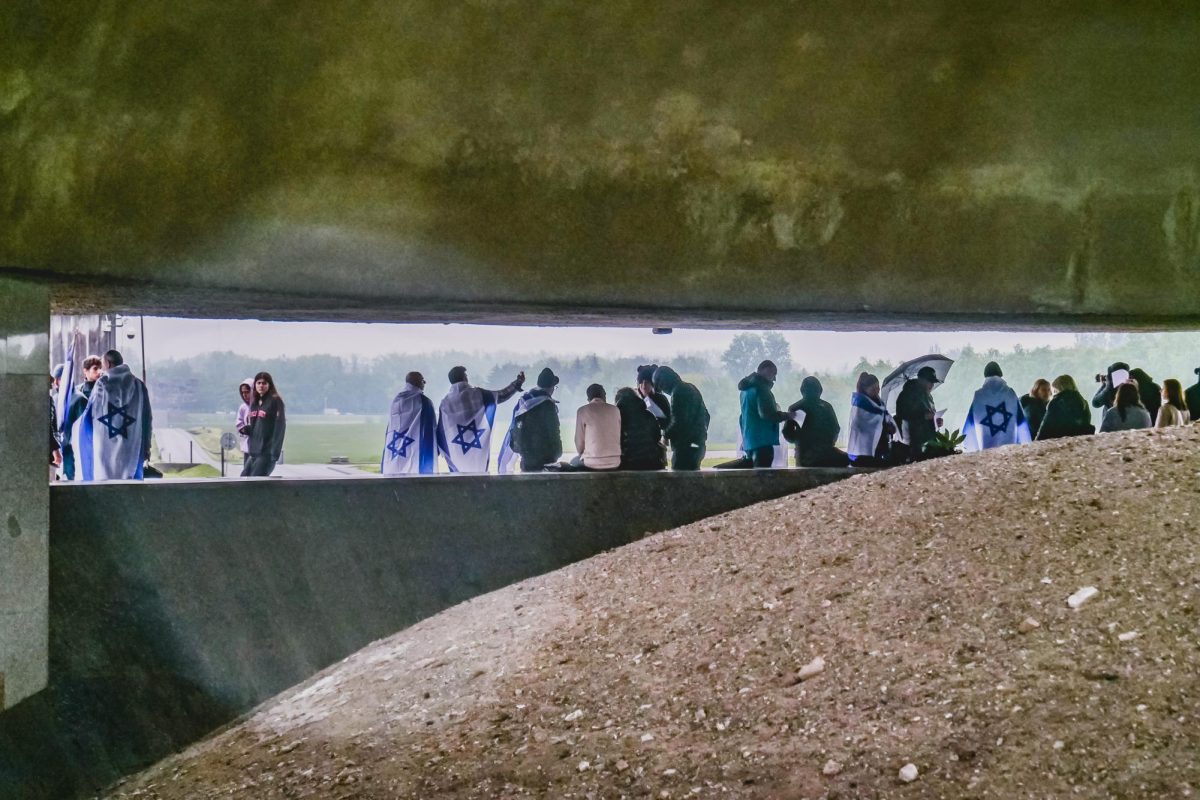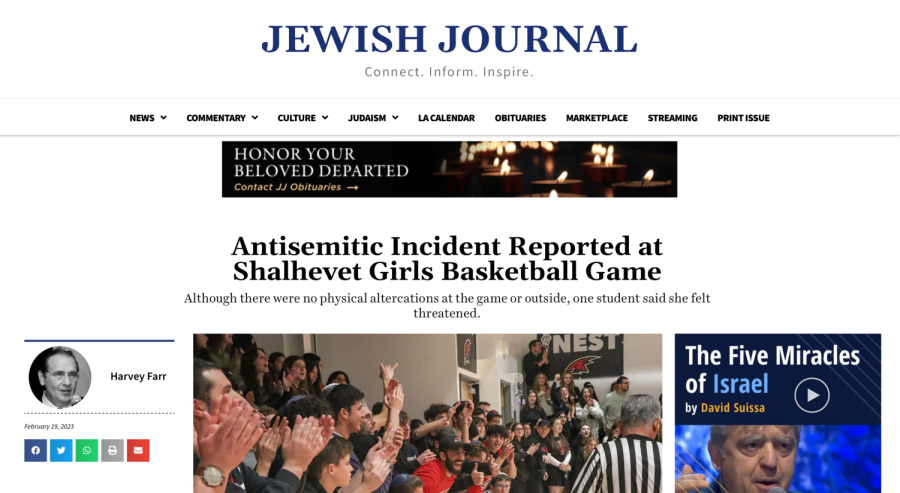“And you shall love the stranger, for you were strangers in the land of Egypt.” (Deuteronomy 10:19)
Zionism unites us all at Shalhevet, from the patriotic blue-and-white color scheme to the giant Bat Ami-crafted floor map of Israel in the foyer to the tearfully inspiring Yom Haatzmaut services every year. And why shouldn’t we love Israel? After all, it’s a land flowing with milk and honey, falafels and hummus, bell-bottoms, cigarette smoke, and the word “Ehhh,” not to mention the holiest sites in Judaism (including, of course, the current residence of Elon Langbeheim).
But it’s important to consider what that love means. Does it mean turning a blind eye to Israel’s mistakes? Or emphasizing them for the sake of betterment and growth?
Over the course of the two-week sophomore Israel trip, Mr. Tranchi was excessively questioned by Israeli police, denied service at a restaurant, stopped at security points, and more.
No, our principal isn’t secretly part of Hezbollah. He didn’t kill anyone, bomb anything, or forge any documents. What was his crime? He’s ethnically Vietnamese.
Sound a little strange to you? Does it seem unlikely that such a thing could happen in Israel? Perhaps it was a fluke— just a few rude people who have now unfortunately given the rest of Israel a bad name. But be honest. With everything going on in our lives, probably not many of us have stopped to consider Asian-Israeli relations before. In fact, to Rabbi Richler’s chagrin, some of us probably don’t even know there are Asians in Israel.
Well, there are.
There are approximately 260,000 workers in Israel from all over Asia, about one-half of them illegal immigrants as of 2003. Many are construction workers, caretakers, housekeepers, fast-food cooks, or hold other low-level positions, although there are also many foreign-exchange students. The uncomfortably common Israeli attitude toward Asians is this: they look different, they’re uneducated, and they’re stealing our jobs.
Ah, that’s familiar ground to us Angelinos; after all, we often stereotype Mexicans in much the same way.
Stereotypes are unavoidable, and at least Arabs’ current subjection to racial profiling is arguably justifiable: in general, more Arabs than Russians or Americans tend to blow themselves up on buses. Extra security measures are not a matter of political correctness or social acceptance, but rather of saving lives.
But since when is the guy with a bomb strapped around him typically Asian? And since when do “extra security measures” include blatant racism on the part of individuals and industries?
Jewish history is filled with pain and persecution; even today Israel faces constant violence and unfriendly neighbors. Strong Zionism is thus both understandable and necessary. But this isn’t an excuse to neglect the obligations of being a righteous people, and a “light unto the nations” (Isaiah 42:6). On the contrary, it should make us even more sensitive to racism and the rights of minorities.
Of course, it would be self-defeating, hypocritical, and, most importantly, untrue to assert that all Israelis or Jews are racist. This is obviously by no means the case. But the problem is extant and can’t be ignored—not on the Zionist watch. Jews believe that Israel is a holy land. It follows, then, that Jews in Israel—and all Jews— must conduct ourselves in a manner befitting Israel’s sanctity.
“Love the stranger” is the most frequently repeated phrase in the entire Tanach. It is our responsibility as pious Jews, students of Kohlbergian morality, and thinking human beings to battle racist attitudes wherever we find them. Rather than sullying the sacredness of Israel, perhaps we can use our actions to make it a little holier. That’s the kind of Zionism Jews should rally behind.
This editorial was written by Elana Eden and won second prize in the CSPA’s natioanl Gold Circle Awards in editorial writing for 2009, and first prize in the Ira Lurvey – LA Times in Education Opinion Writing Contest.



